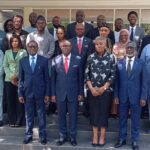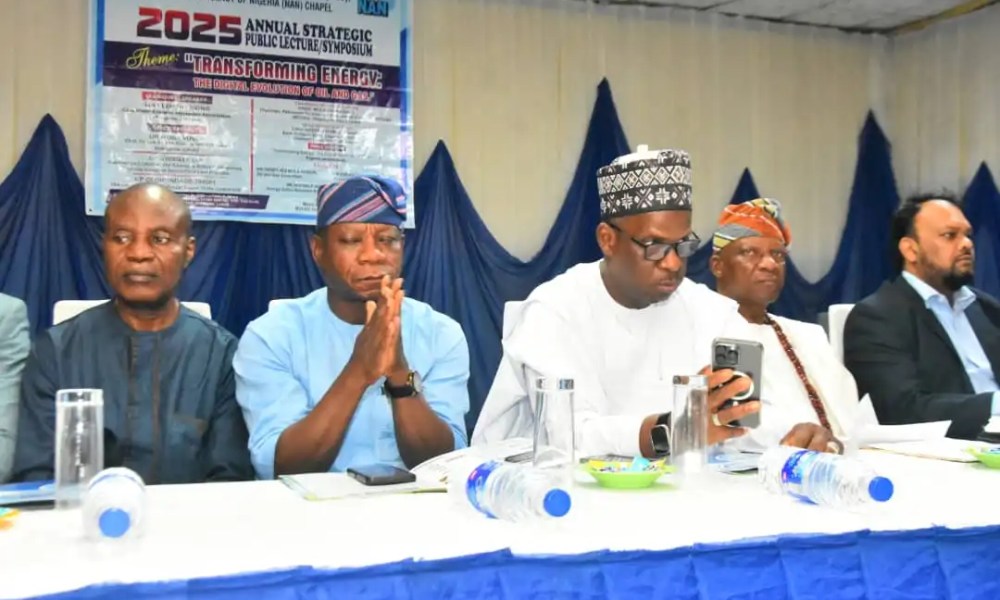Digital technology key to Nigeria’s oil, gas future – Experts
2025-09-26
By Adeyemi Adeleye Experts in the oil and gas industry have said that the adoption of digital technologies would tackle inefficiencies and drive sustainable growth in the energy sector. They spoke on Thursday in Lagos at the 2025 Press Week Lecture and SymposiumContinue Reading












